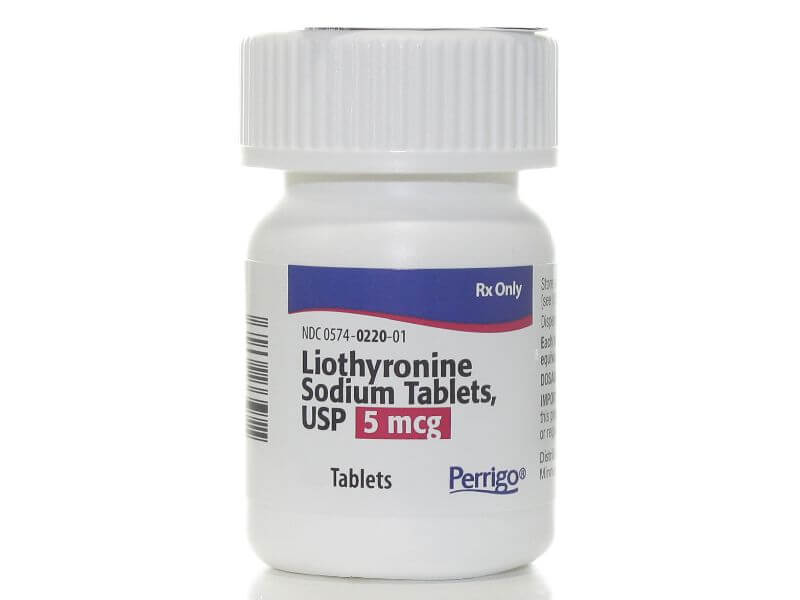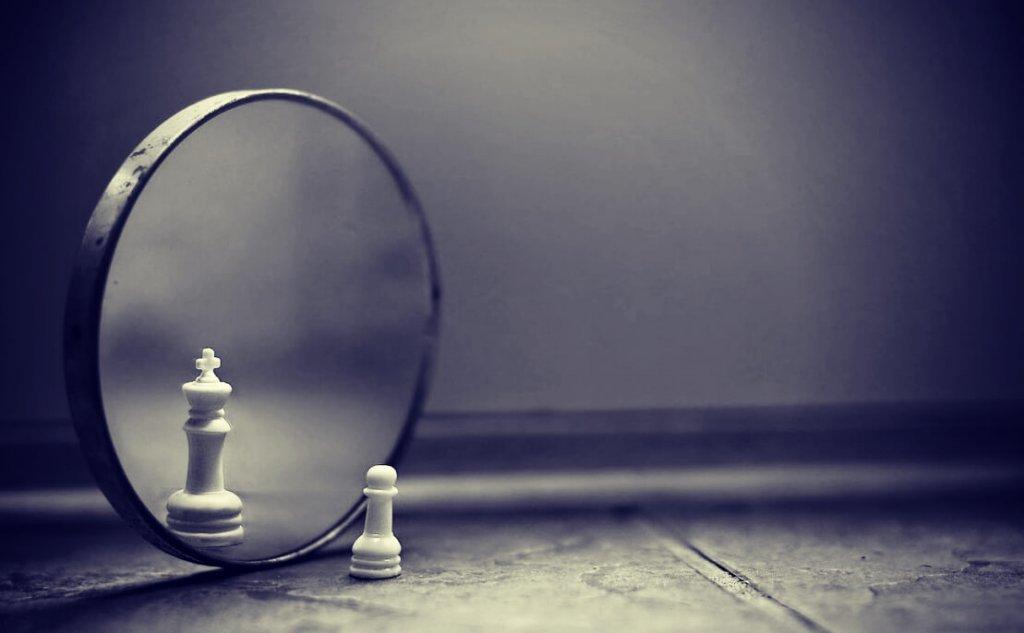- Forums
- Thyroid, Pregnenolone, Progesterone, DHEA, etc
- Thyroid, DHEA, Pregnenolone, Progesterone, etc
You are using an out of date browser. It may not display this or other websites correctly.
You should upgrade or use an alternative browser.
You should upgrade or use an alternative browser.
More difficult to build muscle with optimal thyroid?
- Thread starter Gianluca
- Start date
-
- Tags
- muscle building thyroid
Vince
Super Moderator
Myopathy in Hypothyroidism
:max_bytes(150000):strip_icc()/GettyImages-1204436193-9fb20a40647c4dadb6517a057f81d8a6.jpg)
 www.verywellhealth.com
www.verywellhealth.com
- Weakness in muscles close to the center of the body (thighs, shoulders)
- Cramping
- Elevated creatinine
- Rarely, enlarged muscles (Hoffman's syndrome)
- Rarely, breakdown of muscle tissue (rhabdomyolysis)
- Muscle weakness
- Creatinine levels tend to be normal
- Cramping (uncommon)
- Rarely, issues with the muscles involved in swallowing and breathing (rare)
:max_bytes(150000):strip_icc()/GettyImages-1204436193-9fb20a40647c4dadb6517a057f81d8a6.jpg)
Can Thyroid Issues Cause Muscle Weakness and Pain?
Discover how thyroid imbalances may cause muscle issues and the steps you can take to manage and treat these symptoms effectively.
Guided_by_Voices
Well-Known Member
While the link below describes in great detail why high thyroid hormone levels may make building muscle more difficult, there are lots of other reasons why you would not want low levels (low energy, etc) and there are other ways to counteract this issue such as eating more, so lowering thyroid for this one reason doesn't seem like a great idea unless you can do so with no other adverse affects.

 thinksteroids.com
thinksteroids.com

Thyroid Hormone Effects on Energy Metabolism and Protein Turnover at a Glance
Thyroid hormones are hormones that are secreted by the thyroid. The thyroid is an endocrine gland in the front of your neck that’s located directly below
 thinksteroids.com
thinksteroids.com
Gianluca
Well-Known Member
Good article, the studies linked to it describe people who are hyper, and it makes sense being hyperthyroidism could cause muscle breakdown. I don't think in the study it was reported what level of FT3 cause the muscle break downWhile the link below describes in great detail why high thyroid hormone levels may make building muscle more difficult, there are lots of other reasons why you would not want low levels (low energy, etc) and there are other ways to counteract this issue such as eating more, so lowering thyroid for this one reason doesn't seem like a great idea unless you can do so with no other adverse affects.

Thyroid Hormone Effects on Energy Metabolism and Protein Turnover at a Glance
Thyroid hormones are hormones that are secreted by the thyroid. The thyroid is an endocrine gland in the front of your neck that’s located directly belowthinksteroids.com
T
tareload
Guest
Optimal for what?Optimal FT3 should be anywhere around 3.7 to 4.2 or so.
Calling Dr. Nichols, come in Dr. Nichols?

The Lake Wobegon Effect: Considering Yourself to be Above Average
Today we'll talk about a cognitive bias called the Lake Wobegon Effect: overestimating our abilities and disregarding our negative qualities.
Last edited by a moderator:
TorontoTRT
Active Member
I can assure you that having sub optimal levels will most surely interfere with muscle building. You’re probably seeing posts about how t3 is catabolic etc. Those guys take huge amounts to burn fat. Being within normal range will have zero negative impact on muscle building and only positive.
Gianluca
Well-Known Member
I wanted to see what everyone experience was in regards to building muscle and optimizing thyroid, perhaps hearing some anecdotes from ectomorphs like me.I can assure you that having sub optimal levels will most surely interfere with muscle building. You’re probably seeing posts about how t3 is catabolic etc. Those guys take huge amounts to burn fat. Being within normal range will have zero negative impact on muscle building and only positive.
I personally was on small dose NP thyroid, FT3 ranging from 4.0 to 3.7, I stopped it two months ago, and at this point FT3 should be at 3.0. Small difference but I can tell I hold more weight, 5lb more possibly in water an fat, but muscle look fuller for sure, perhaps the effect of water
ExcelMale Newsletter Signup
Stay Informed with Our Newsletter
Get the latest men's health insights, expert advice, and community updates delivered to your inbox.
Similar threads
- Replies
- 3
- Views
- 691
- Replies
- 28
- Views
- 4K
- Replies
- 0
- Views
- 847
- Locked
- Sticky
- Replies
- 9
- Views
- 19K
Online statistics
- Members online
- 1
- Guests online
- 244
- Total visitors
- 245
Totals may include hidden visitors.
Latest posts
-
-
-
Built a free blood work tracker for TRT - need beta testers
- Latest: LabTracker
-
-
-
-
Advice on where to find trustworthy peptides
- Latest: Nelson Vergel
-
-
Any Testosterone Propionate Compounding Pharmacies left?
- Latest: Nelson Vergel
-
The Aging Brain: A Guide to Hormones, Gonadotropins, and Cognitive Health
- Latest: Nelson Vergel









